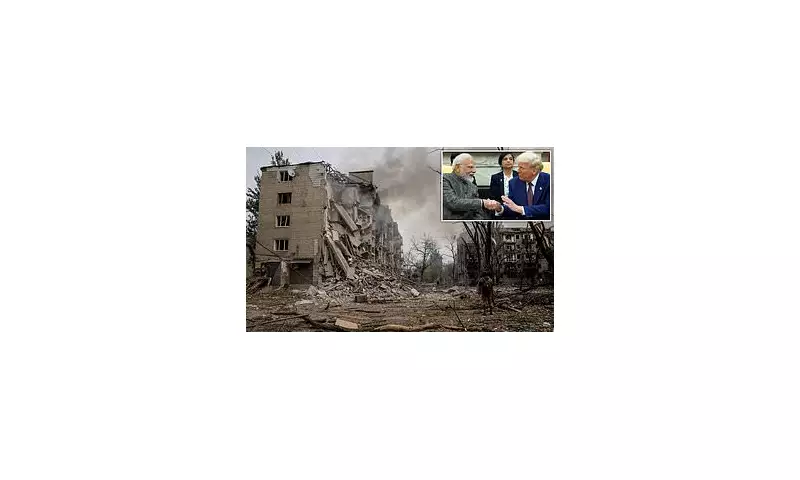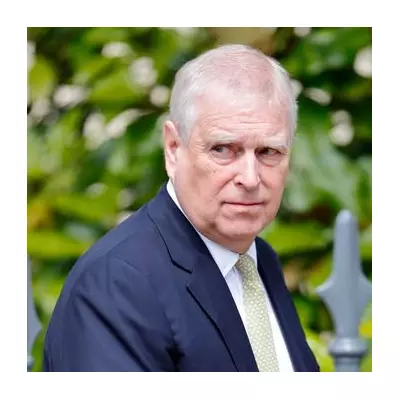
In a dramatic geopolitical manoeuvre that could reshape the Ukraine conflict, former President Donald Trump has unveiled ambitious plans to establish a dedicated victory fund for Ukraine, financed entirely by tariffs imposed on Chinese imports. The revelation comes alongside a significant diplomatic breakthrough with India, whose Prime Minister Narendra Modi has reportedly agreed to cease purchasing Russian oil.
The Tariff-Funded Victory Strategy
Trump's innovative approach would see revenue generated from tariffs on Chinese goods directly channeled into supporting Ukraine's military efforts against Russian aggression. This unconventional funding mechanism represents a stark departure from traditional aid packages and could provide Ukraine with a sustainable financial pipeline without burdening American taxpayers.
'We're talking about using China's own money to stop Russian aggression,' a source close to the former president revealed. 'The tariffs create a perpetual funding stream that doesn't come from American pockets.'
India's Pivotal Shift Away from Russian Energy
In what experts are calling a potential game-changer for the global energy market and Russia's war economy, Prime Minister Modi has committed to halting India's substantial purchases of Russian crude oil. This decision deals a severe blow to Moscow's primary revenue source for financing its military operations.
The agreement follows extensive diplomatic efforts and comes as India seeks to strengthen its strategic partnership with Western nations. India had become one of the largest purchasers of discounted Russian oil following Western sanctions, providing Moscow with a crucial financial lifeline.
Mounting Pressure on the Kremlin
The dual developments represent the most significant coordinated pressure on Vladimir Putin's regime in recent months. The combination of redirected Chinese tariff revenue to Ukraine and the loss of one of Russia's key energy customers creates substantial headwinds for the Kremlin's war efforts.
Analysts suggest this could accelerate negotiations toward ending the conflict, as Russia faces diminishing financial resources and enhanced Ukrainian military capabilities.
Implications for Global Trade and Diplomacy
- Trade Policy Innovation: Using tariff revenue for specific foreign policy objectives sets a new precedent in economic statecraft
- Energy Market Realignment: India's shift away from Russian oil could trigger broader changes in global energy flows
- Multilateral Cooperation: The coordinated approach demonstrates emerging consensus among major powers against Russian aggression
- Economic Warfare: Combined economic measures aim to systematically degrade Russia's war-making capacity
The strategic alignment between Trump's economic proposals and India's energy policy shift suggests a coordinated international effort to bring the conflict to a decisive conclusion. As one diplomatic source noted, 'This represents the most comprehensive economic pressure campaign against Russia to date, targeting both its revenue streams and enhancing Ukraine's defensive capabilities simultaneously.'
While implementation details remain subject to political developments, the proposed strategy signals a potentially transformative approach to international conflict resolution through innovative economic measures and strengthened global partnerships.





